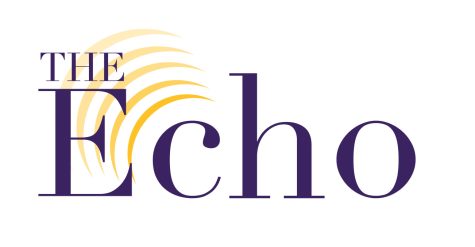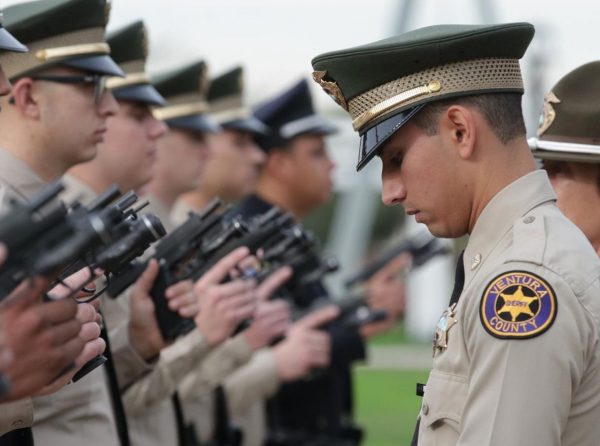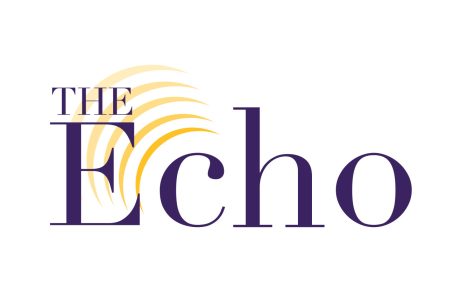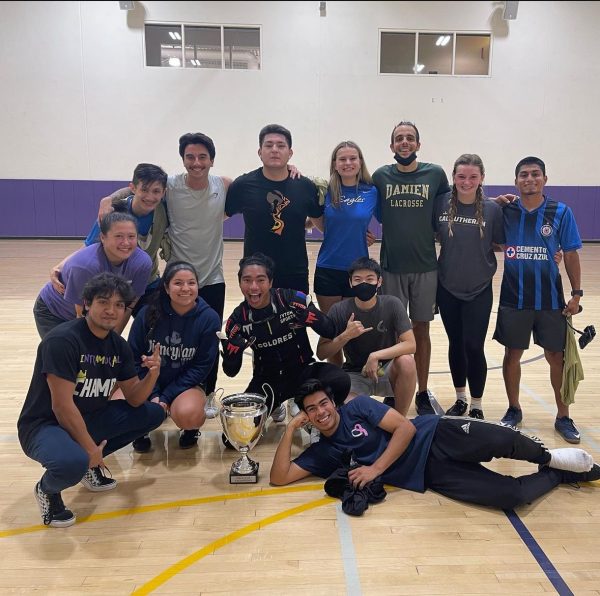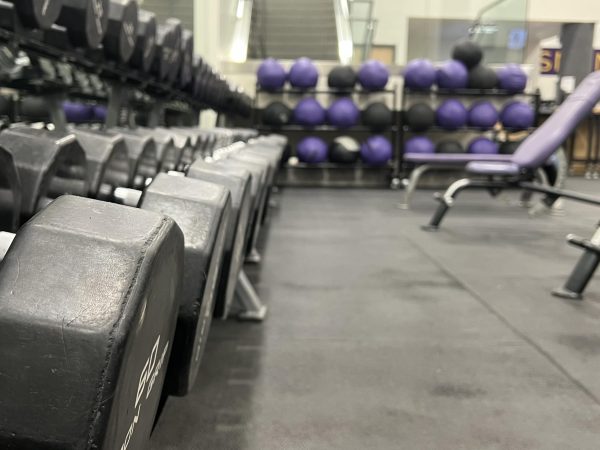California Senate Bill 206: College Athletes can Get Paid to Play
October 8, 2019
On Sept. 27, California Governor Gavin Newsom signed Senate Bill 206, or the “Fair Pay to Play Act,” allowing student athletes to earn money off their name, image and likeness starting in January 2023.
As this is a controversial issue in the athletic world, many professional and collegiate athletes have spoken out on social media, including Los Angeles Lakers forward Lebron James, who has been an advocate for collegiate athletes to get paid for quite some time.
I think all student athletes, not just in California, should have the ability to get paid based on their athletic skills and popularity if the opportunity arises.
California Senator Nancy Skinner, the author of the bill, said on her website that the NCAA rules were unfair; restricting college athletes from earning money off their skills, while allowing the NCAA to earn monstrous amounts of money.
According to USA Today, the NCAA earned over $1 billion in 2017 alone.
“For decades, college sports has generated billions for all involved except the very people most responsible for creating the wealth. That’s wrong,” Skinner said in a California Senate press release.
For a long time, the NCAA has been able to profit off these revenue sports, including football and basketball.
These athletes put their bodies on the line every game and the NCAA and universities make a profit off their hard work. It is an unjust and outdated process that needs to be changed all across the board.
In a letter to the Califoria Assembly, NCAA President Mark Emmert wrote that the passing of this bill would take away the separation between college athletics and professional sports, adding that it makes the process unfair as a whole.
“The bill threatens to alter materially the principles of intercollegiate athletics and create local differences that would make it impossible to host fair national championships,” Emmert said. “As a result, it likely would have a negative impact on the exact student-athletes it intends to assist.”
Emmert is basically threatening any recruit or athlete looking to commit to a California school, as he along with the board at the NCAA could ban those schools from playing in championship games.
No. 1 pick in the 2019 NBA draft Zion Williamson made Duke University and the NCAA millions of dollars, yet he didn’t make a single dime.
Williamson is just one example of the harsh realities of college sports for the individuals competing in them.
Jakob Nielsen, Division I tennis player for George Mason University in Fairfax, Virginia said in a phone interview that the hard work, sacrifice and value he brings to his school should allow him to get paid.
“As an NCAA athlete I am not just competing for the school. As a player, my role includes practicing, competing, marketing and even community involvement,” Nielsen said. “Traveling and competing on a regular basis takes away from my ability to work regular hours and earn what I need to comfortably pay for my living while completing my education.”
Being a Division I athlete myself for two years, I spent half my day training and competing for the team, which hindered my ability to work a paying job and often interfered with class lectures and assignments.
While this bill will mostly affect athletes at Division I universities, it isn’t limited to them. California Lutheran University athletes could have the ability to receive sponsorships and compensation from outside parties as well.



